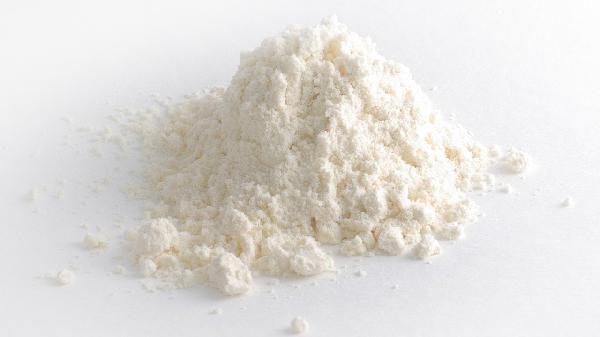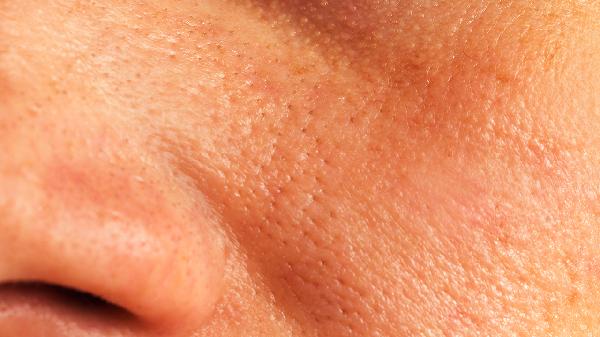What is Niacinamide?
Niacinamide, also known as nicotinamide, is a water-soluble vitamin that plays a crucial role in maintaining skin health. It works by supporting the skin’s natural barrier, enhancing its ability to retain moisture, and protecting it from environmental stressors. Unlike other potent skincare ingredients, niacinamide is gentle and non-irritating, making it suitable for daily use.

Key Benefits of Niacinamide for Skin
Niacinamide’s multifaceted benefits make it a standout ingredient in skincare. It helps regulate oil production, reducing the appearance of enlarged pores and preventing breakouts. Its anti-inflammatory properties calm redness and irritation, making it ideal for those with acne-prone or sensitive skin. Additionally, niacinamide boosts collagen production, improving skin elasticity and reducing the appearance of fine lines and wrinkles. It also brightens the skin by inhibiting the transfer of pigment, leading to a more even skin tone.
How to Use Niacinamide in Your Skincare Routine
Incorporating niacinamide into your skincare routine is simple and effective. It can be found in various formulations, including serums, moisturizers, and toners. For best results, apply a niacinamide serum after cleansing and toning but before moisturizing. This allows the active ingredient to penetrate deeply into the skin. Use it once or twice daily, depending on your skin’s needs, and always follow up with sunscreen during the day to protect your skin from UV damage.
Combining Niacinamide with Other Skincare Ingredients
Niacinamide is highly versatile and can be paired with other skincare ingredients to enhance its benefits. It works well with hyaluronic acid for added hydration, retinol for anti-aging effects, and vitamin C for brightening. However, avoid combining niacinamide with acidic ingredients like AHAs or BHAs in the same application, as this can reduce its efficacy. Instead, use them at different times of the day or on alternate days.
Who Should Use Niacinamide?
Niacinamide is suitable for all skin types, including oily, dry, combination, and sensitive skin. Its gentle nature makes it an excellent choice for those with reactive skin or conditions like rosacea and eczema. Whether you’re looking to address acne, signs of aging, or uneven skin tone, niacinamide can be a valuable addition to your skincare arsenal.
Potential Side Effects and Precautions
While niacinamide is generally well-tolerated, some individuals may experience mild irritation, especially when using high concentrations. Start with a lower concentration (around 5%) and gradually increase if needed. Always perform a patch test before incorporating a new product into your routine to ensure compatibility with your skin.
Choosing the Right Niacinamide Product
When selecting a niacinamide product, look for formulations with a concentration between 2% and 10%, as this range is effective yet gentle. Opt for products from reputable brands that prioritize quality and transparency in their ingredients. Avoid products with added fragrances or harsh chemicals, as these can counteract the benefits of niacinamide.
The Science Behind Niacinamide’s Effectiveness
Niacinamide’s effectiveness lies in its ability to support the skin’s natural functions. It enhances the production of ceramides, which are essential for maintaining the skin’s barrier and preventing moisture loss. Additionally, it reduces the production of sebum, helping to control oiliness and prevent acne. Its antioxidant properties protect the skin from free radical damage, which can lead to premature aging.
Long-Term Benefits of Niacinamide
Consistent use of niacinamide can lead to long-term improvements in skin health. Over time, it helps strengthen the skin’s barrier, making it more resilient to environmental aggressors. It also promotes a more even skin tone and texture, reducing the appearance of hyperpigmentation and blemishes. With regular use, niacinamide can help you achieve a smoother, more youthful complexion.
Conclusion
























